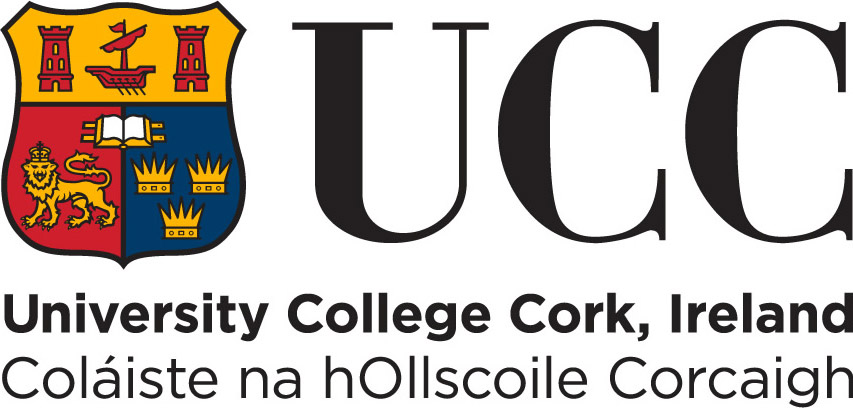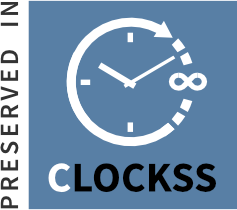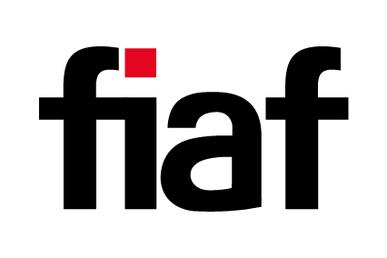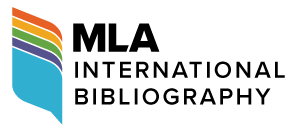Researching Creative Practice: Terminology, Policy, Models
Editorial
Ciara Chambers
In their introduction to Mind the Gap! (the conference proceedings of a series of papers delivered by practice-based researchers in the National College of Art and Design in Dublin in 2015) Desmond Bell and Rod Stoneman observe:
while practice-based research towards a doctorate in the creative arts has been established now for over twenty years, a series of recurring and unresolved debates around this mode of scholarship continue to resonate with our arts schools, departments of music, drama and the performing arts and media and communications studies. (15)
They go on to identify several problematic issues including the relationship between theory and practice; the balance of written and practical elements for doctoral students; the onus on the student to produce industry-standard outputs alongside rigorous scholarly theses; the nature of the viva; and the afterlife for the practical outputs. Crucially, they focus on the “distinctive character of reflective and professionally based knowledge within the academy” (15). Like traditional academic endeavour, creative practice is inextricably linked to a “unique contribution to knowledge” (Batty and Kerrigan, “Introduction” 10). However, “within the ordered world of bibliographically based humanities research, the studio or field often seems a messy place prone to excesses of subjective enthusiasm, creative instinct, intuition […] and sheer chaos” (Bell 182). In spite of the challenges of defining and assessing creative practice, the model is being adopted in a widespread fashion as universities take in PhD students from (or wishing to enter) industry, to conduct academic research in the arts. This movement challenges the perceived superiority of information gleaned from textual or archival analysis and suggests that knowledge may now be generated in and through the production of artworks. As Angela Piccini and Caroline Rye suggest, “[p]ractice-led research formalizes the institutional acceptance of art-practices and processes as arenas in which knowledges might be produced” (37). It is with this context in mind that this issue of Alphaville engages with the tensions and opportunities associated with the rapidly expanding area of academic production.









